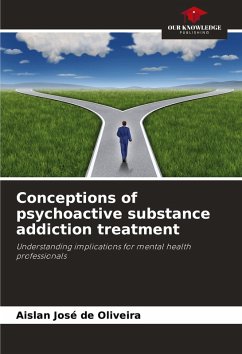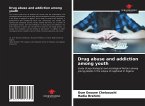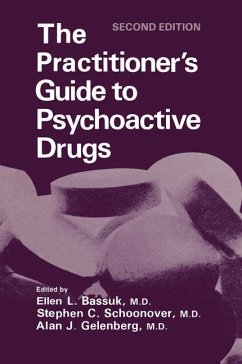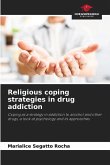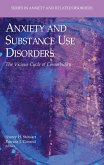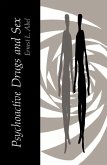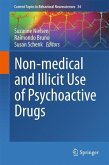This study aimed to understand the theoretical basis present in the discourse of 17 mental health professionals who work in 3 models of care for drug addicts. The data was collected using a questionnaire and classified into 3 categories of analysis according to the theoretical/epistemological framework of each approach and institution: the biomedical model (Clinic), the sociocultural model (Psychosocial Care Center) and the psychosocial model (Therapeutic Communities). It was concluded that the participating professionals do not have a specific definition of the concepts of "dependent" and "treatment" of chemical dependency. It was also concluded that the professionals' approaches can sometimes be contradictory to the methodologies and ideologies of the institutions analyzed.
Bitte wählen Sie Ihr Anliegen aus.
Rechnungen
Retourenschein anfordern
Bestellstatus
Storno

